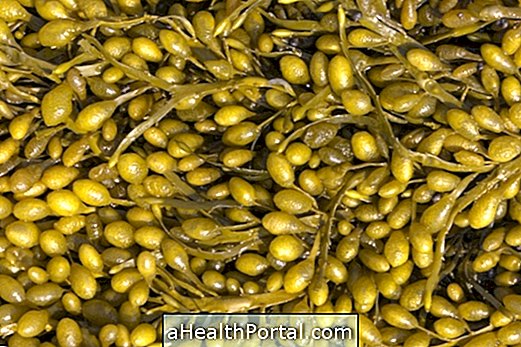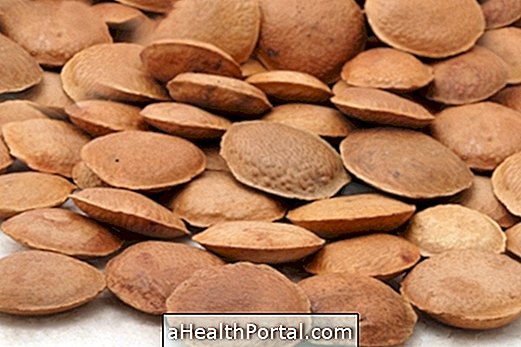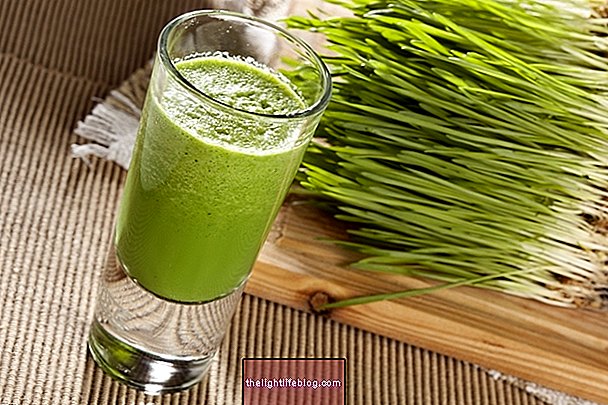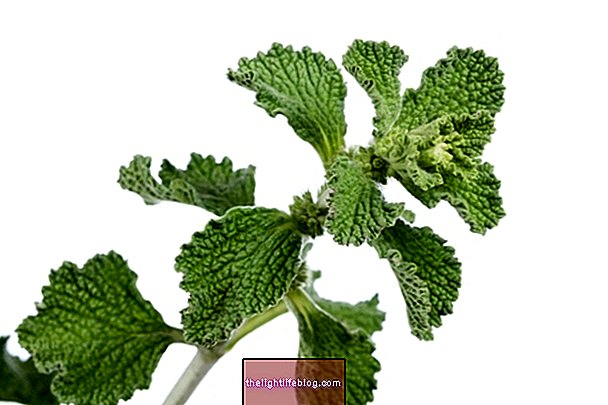Guaraná is a medicinal plant of the family Sapindánceas, also known as Uaraná, Guanazeiro, Guaranauva, or Guaranaína, widely used as a home remedy for lack of energy, excessive tiredness and lack of appetite.
Guarana is a very common plant in the Amazon, and its fruit is often used throughout the Brazilian territory to make juices or mixed with other foods to increase energy levels.
The scientific name of Guarana is Paullinia cupana and can be bought in natural products stores, drugstores, free markets and some markets, in their natural form, powder or fruit.


What is Guarana used for?
Guarana helps to treat headaches, depression, physical and mental fatigue, diarrhea, muscle pain, stress, sexual impotence, stomach pain and constipation.
Properties of Guarana
Guarana's properties include its appetite-stimulating, energetic, tonic, stimulating, analgesic, antidiarrheal and astringent action.
How to use Guarana
The used parts of Guarana are their seeds or fruits in the form of powder to make teas or juices, for example.
- Guarana tea for fatigue: dilute 4 teaspoons of guarana in 500 mL of boiling water and let it stand for 15 minutes. Drink 2 to 3 cups a day.
In addition, Guarana can also be sold as capsules, which should be taken at the doctor's advice.
Guarana Side Effects
The side effects of Guarana include stomach pain, nausea, headache, shaking, shaking or insomnia when consumed in excess.
Contraindications of Guarana
Guarana is contraindicated for pregnant women, breast-feeding women, and patients with heart problems, kidney disease, hyperfunction of the pituitary gland or with psychological disorders such as anxiety or panic.
Açaí is also widely used along with guarana, being rich in antioxidants and preventing diseases such as cancer, so see all the benefits of açaí.




















.png)



